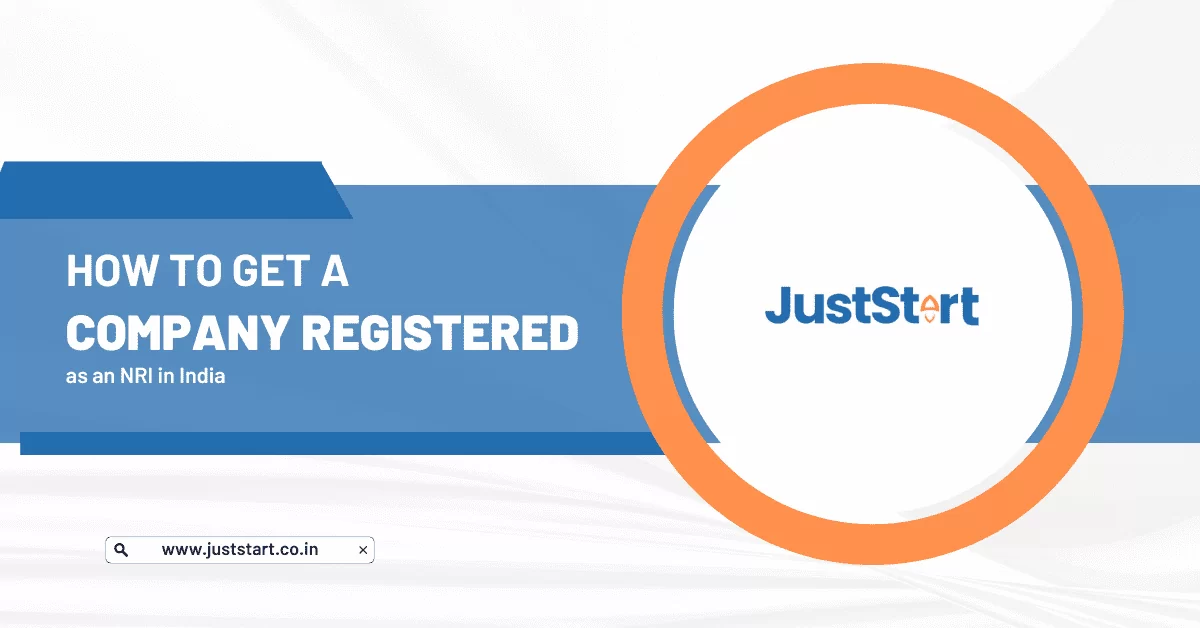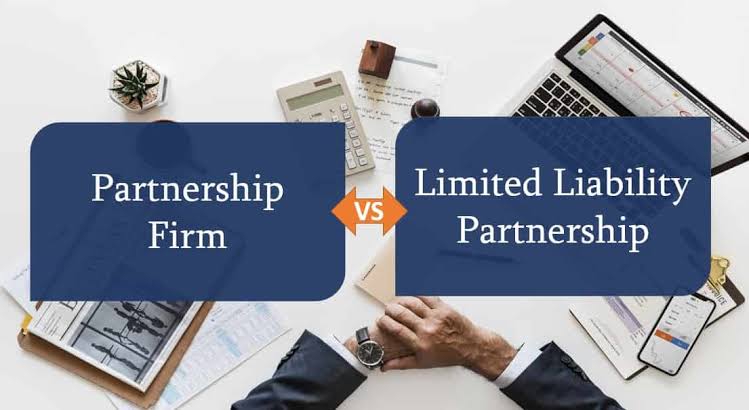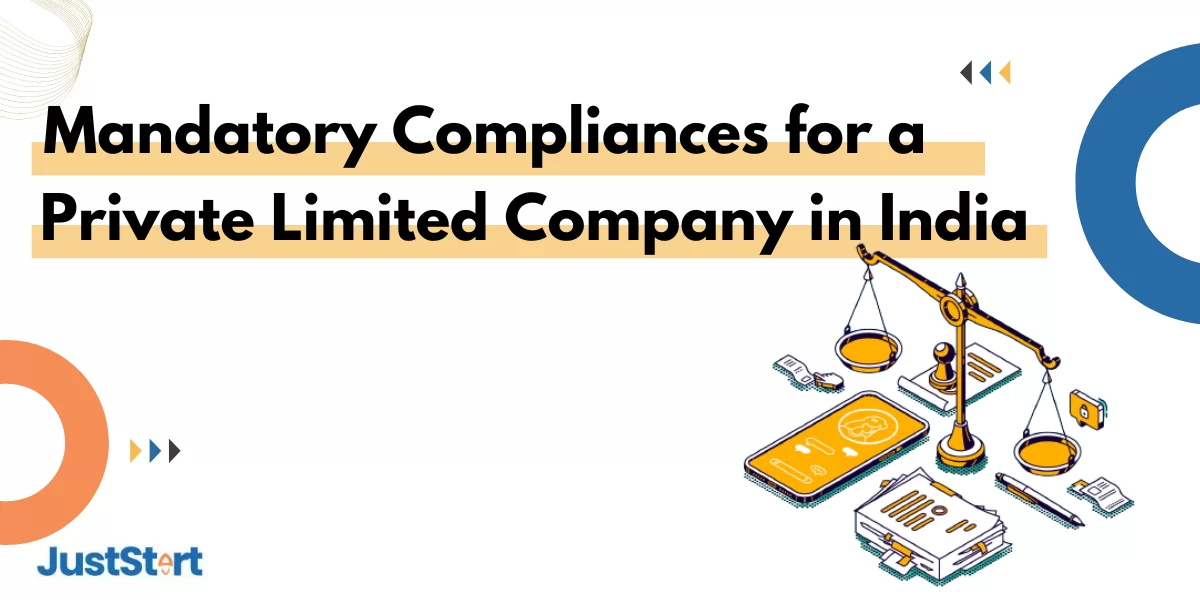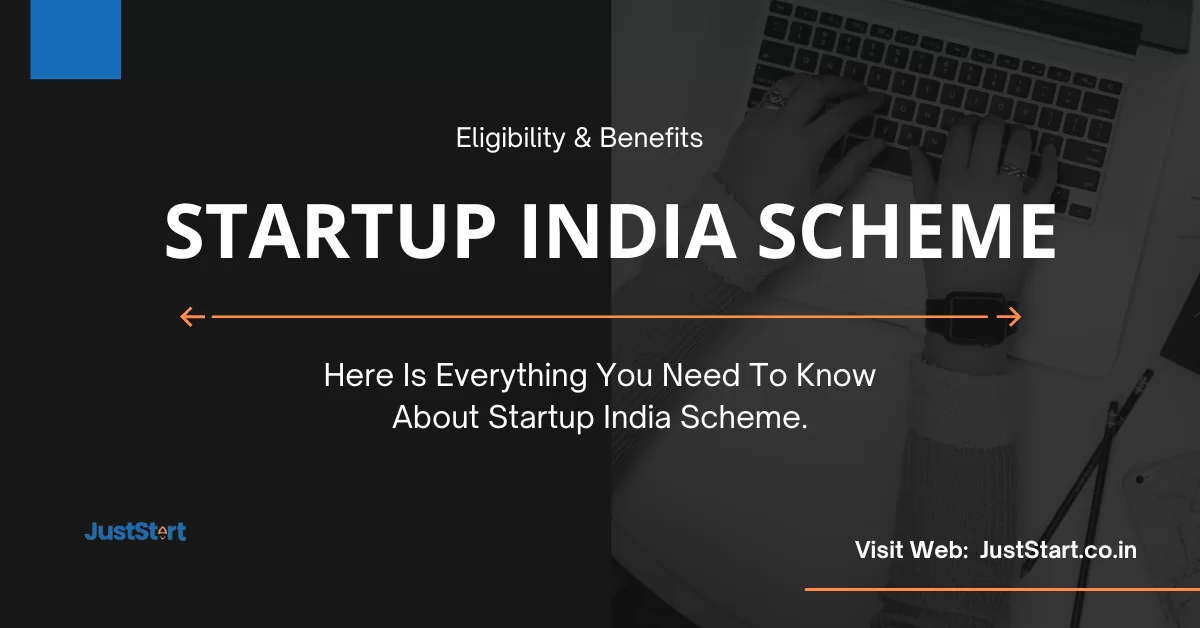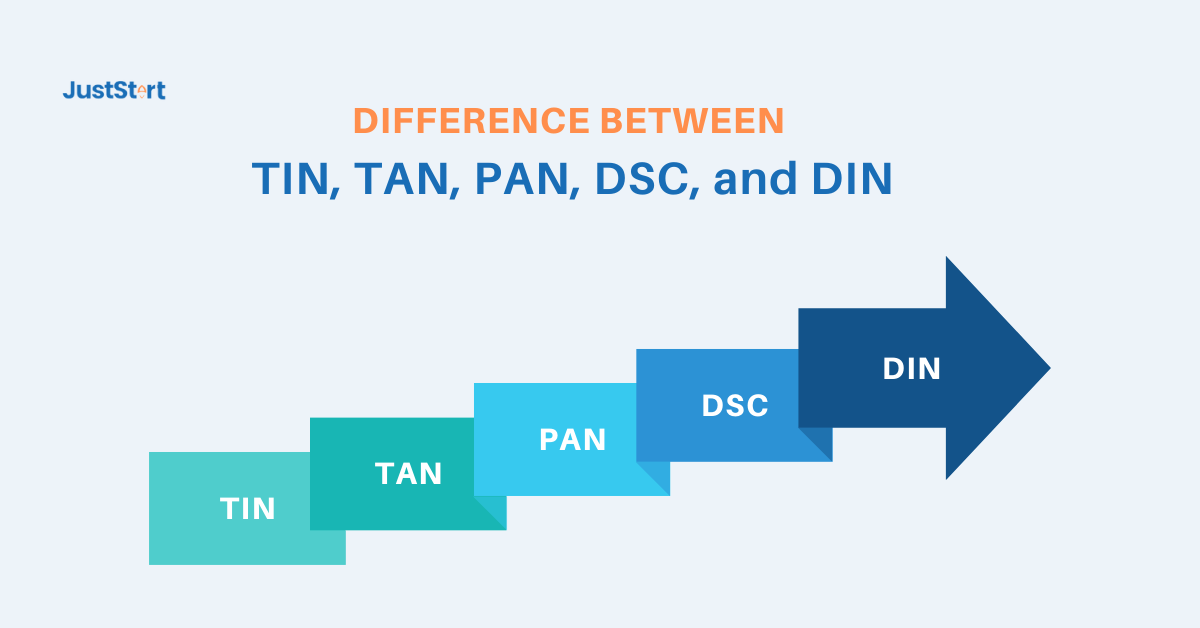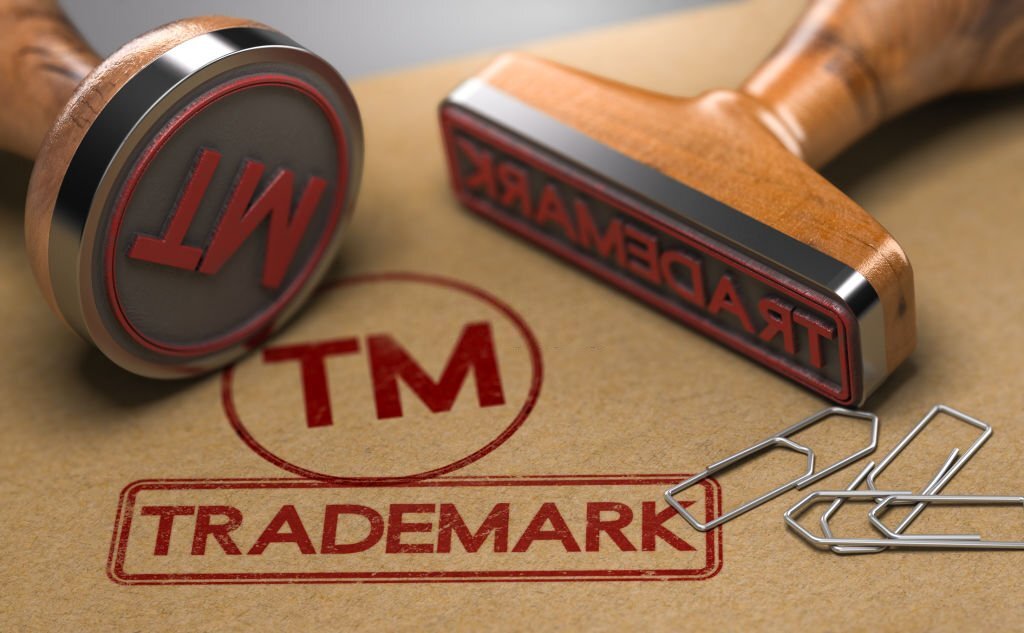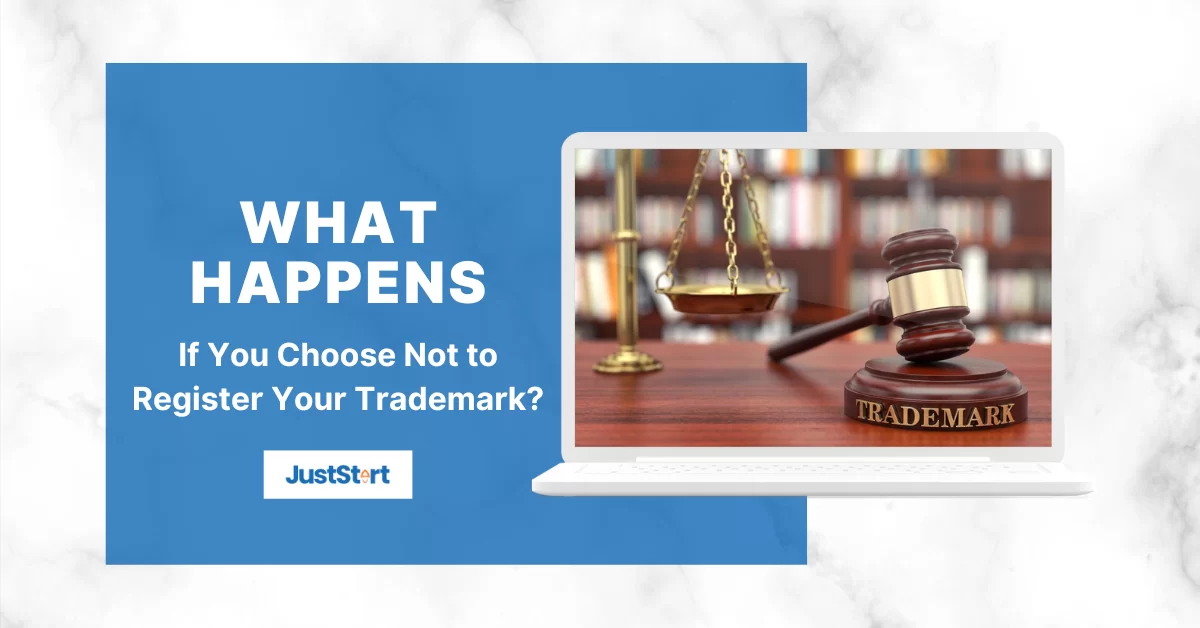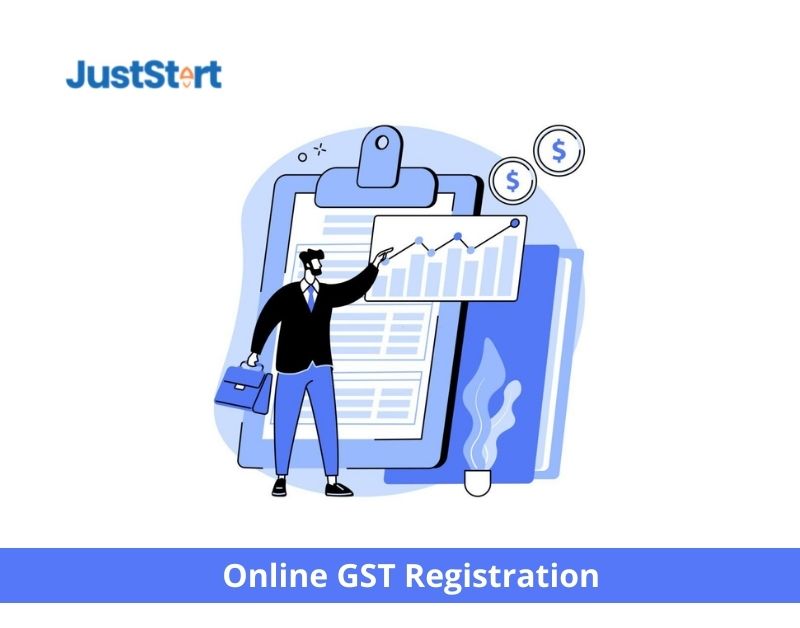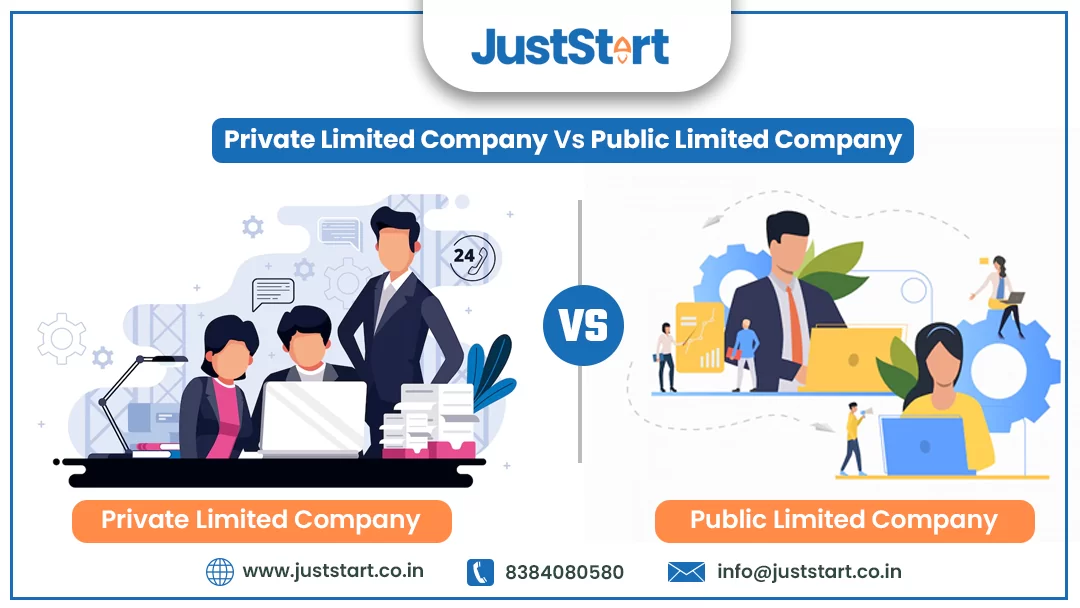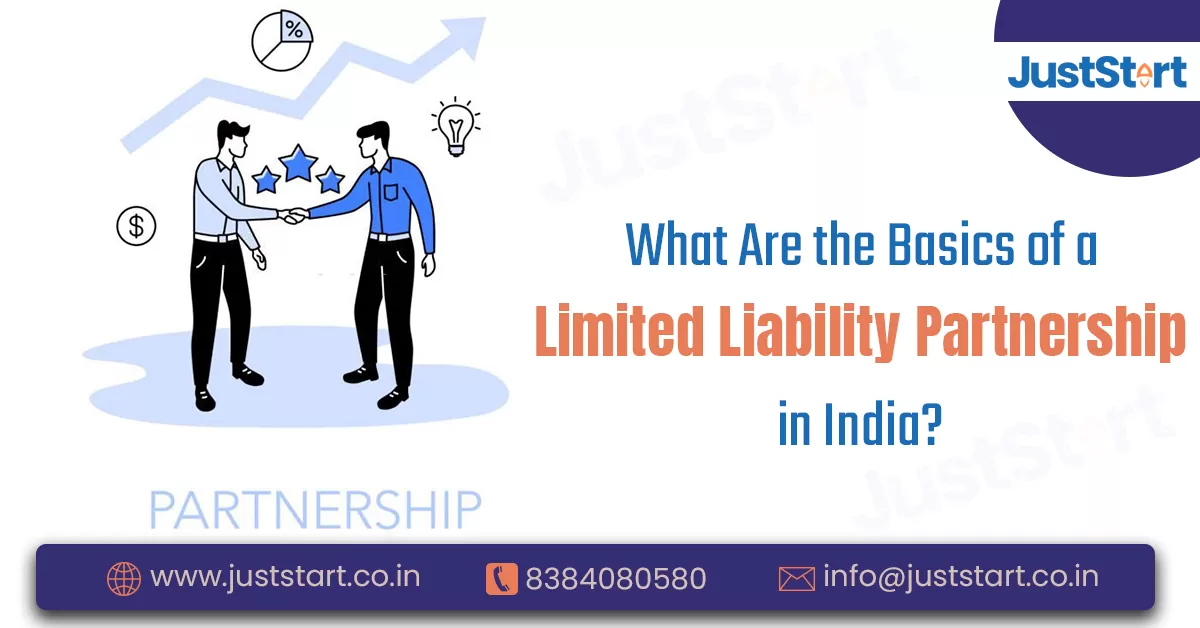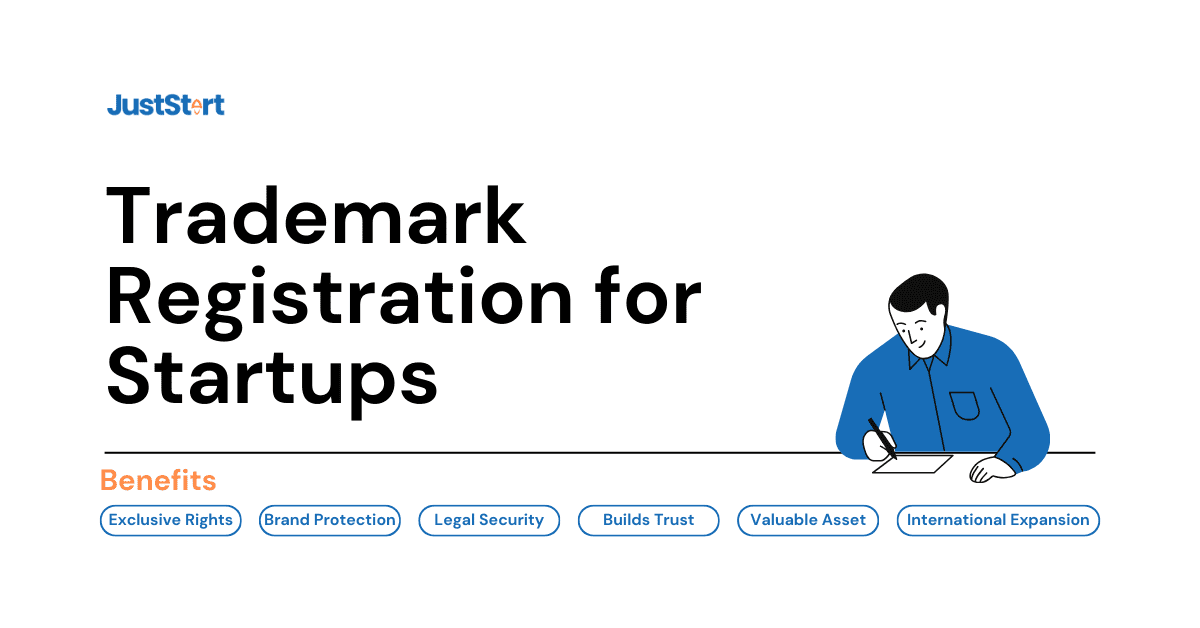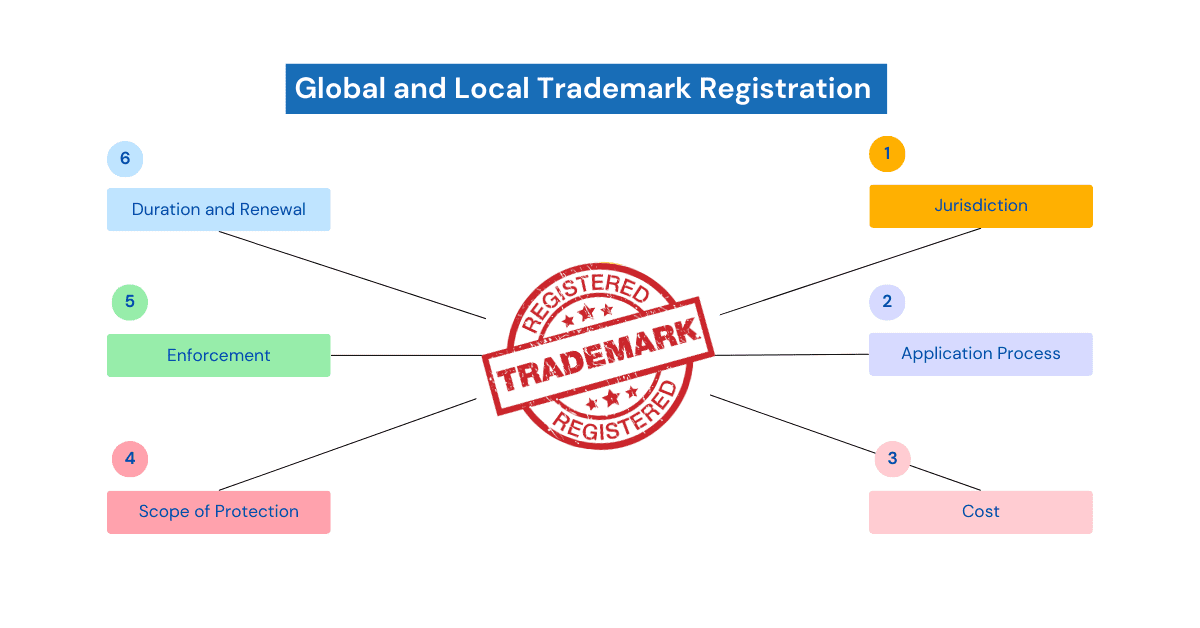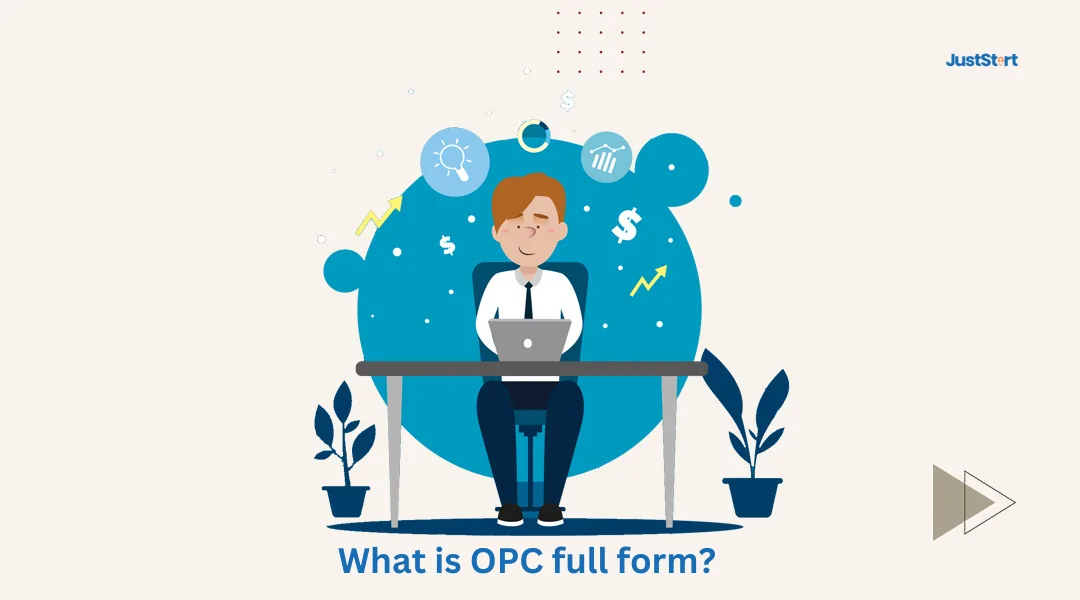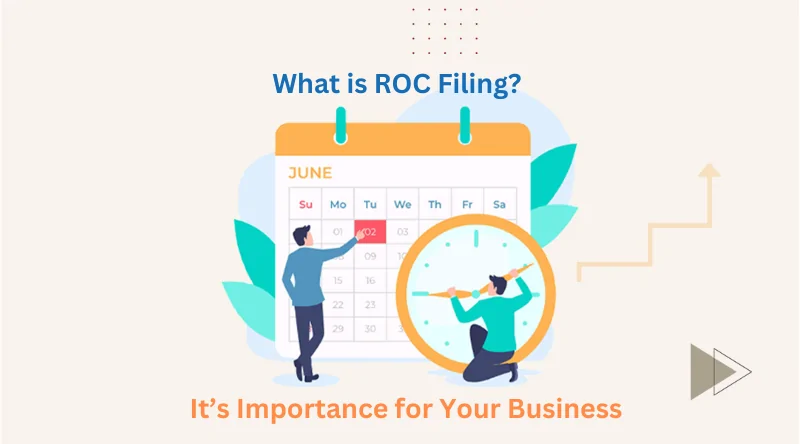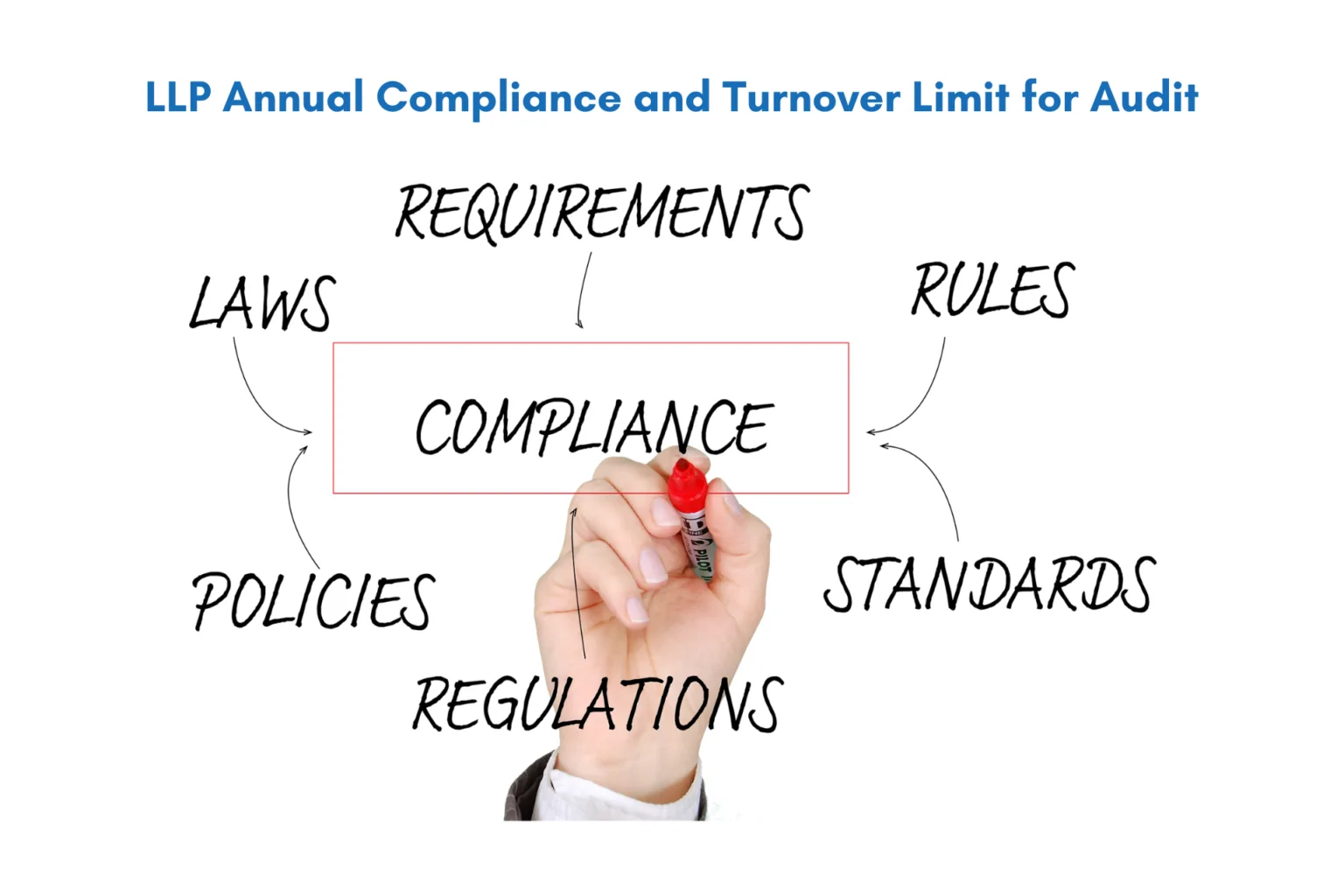
Starting a business in India can be an exciting but daunting prospect. Depending on the type and size of the business, there are a number of different structures to choose from.
Selecting the right one is key to ensuring your business runs as smoothly and efficiently as possible, while also allowing you to take advantage of any tax or legal benefits available.
In India, there are four main types of business structures: Sole Proprietorship, Partnership Firms, Private/Public limited Cos.
And a hybrid form of Partnership Firm called Limited Liability Partnership (LLP). Each structure has its advantages and disadvantages; thus it is up to the individual circumstances of each business owner to decide which structure will be most suitable for their business. Factors such as the level of personal liability one is willing to take on for business debts, personal tax position, level of administration required and desired perception of the business should all be taken into account when making this decision.
When starting a business in India, an important first step is to select the right legal structure. This blog post will explore how to make this choice.
Choose Your Business Structure
Seek Professional Advice: Talk with experienced advisors who can provide valuable insight into which business structure best suits your goals and needs. They can also help guide you through the administrative tasks associated with setting up each different type of entity in India according to local rules and regulations.
Factor In Tax Implications: The tax implications related to each form of business must also be considered when selecting a suitable legal structure for your venture in India. Different rates or allowances may be applicable depending on which one you choose. This could significantly impact profits or losses if not planned carefully beforehand.
Evaluate Longevity Requirements: Think about how long you plan to run the company before shifting focus onto other opportunities or projects. For example, will ownership change at some point? Considering any implications, this would have on existing contracts or agreements is important. It could affect operational costs significantly if not considered properly during the selection stage.
Assess Capital Requirements: Does starting up require additional capital investments from outside sources? Establishing certain types of entities requires more initial capital expenditure than others. You or any potential investors involved in funding operations moving forward could choose which form to use, influenced by this.
Most Common Types of Business Structures Available in India
Each type has advantages and disadvantages but choosing the right structure that best suits your company’s goals is important.
Sole Proprietorship
A sole proprietorship is owned by an individual who assumes all responsibility for debts or lawsuits incurred by the organization. As a sole proprietor, the owner has maximum control and personal liability since there is no separation between their assets and those owned by the business. This form of organization requires minimal compliance paperwork since no other shareholders are involved.
Partnership Firm
Partnership firms are two or more persons who share profits or losses as agreed upon in their partnership deed. The partners have control over their capital contribution requirements and the liabilities associated with running operations, which gives them flexibility. Partnerships have less paperwork than companies, but they do not provide any protection from personal liability in case something goes wrong with their venture.
One Person Company
An OPC, a single-member company with limited sole-member liability, offers tax benefits similar to those of a private limited company. In addition, it protects the sole member/director from liabilities arising out of genuine business failures. Finally, an OPC has only one shareholder who acts as both director/manager and investor simultaneously, eliminating the need for other investors/directors.
Private Limited Company
Private limited companies are separate legal entities governed by the Companies Act, 1956/2013, along with other relevant regulations issued from time to time, such as filing annual returns, etc. A PLC must have at least two directors but can have up to 200 shareholders, depending on whether they have limited public status or keep it within family members. PLCs can make changes within themselves more easily without official approval than with transferability options.
Limited Liability Partnership
LLPs offer almost similar flexibility regarding management decisions like PLCs while providing limited liability protection against debts. The various operations are conducted through Limited Liability Partnership (LLP) entities across different jurisdictions, including India – thus making them an ideal choice when planning global expansions into foreign markets. Also, LLPs still require stringent compliance requirements like auditing financial statements periodically after crossing prescribed threshold limits & filing annual returns same way as applicable for companies regulated under the Companies Act 2013/1956, i.e., PLCs, respectively.
Businesses must select the type of form best suited to their needs based on complexity. Therefore, it’s advisable to consult professional advisors like Juststart familiarized with established laws governing corporate functioning in India – so that informed decisions can be made regarding selection criteria for appropriate business model/structure for successfully operating an enterprise in the long term.
Conclusion
Choosing the best business structure for your venture in India can significantly impact your taxes, legal obligations, and other elements of a thriving business. Therefore, it’s important to consider all the factors involved before deciding. For example, consider the size of your business, its goals, and objectives, what sort of risks it faces, and how you want to manage it.
Also important to choose a business structure that best suits your needs. With the right selection, you can ensure that your business runs smoothly while also potentially saving money on taxes. If you ever feel uneasy or confused, don’t worry – our experts can help. Reach out to the professionals for guidance on choosing the right business structure with JustStart and share your concerns with them.







